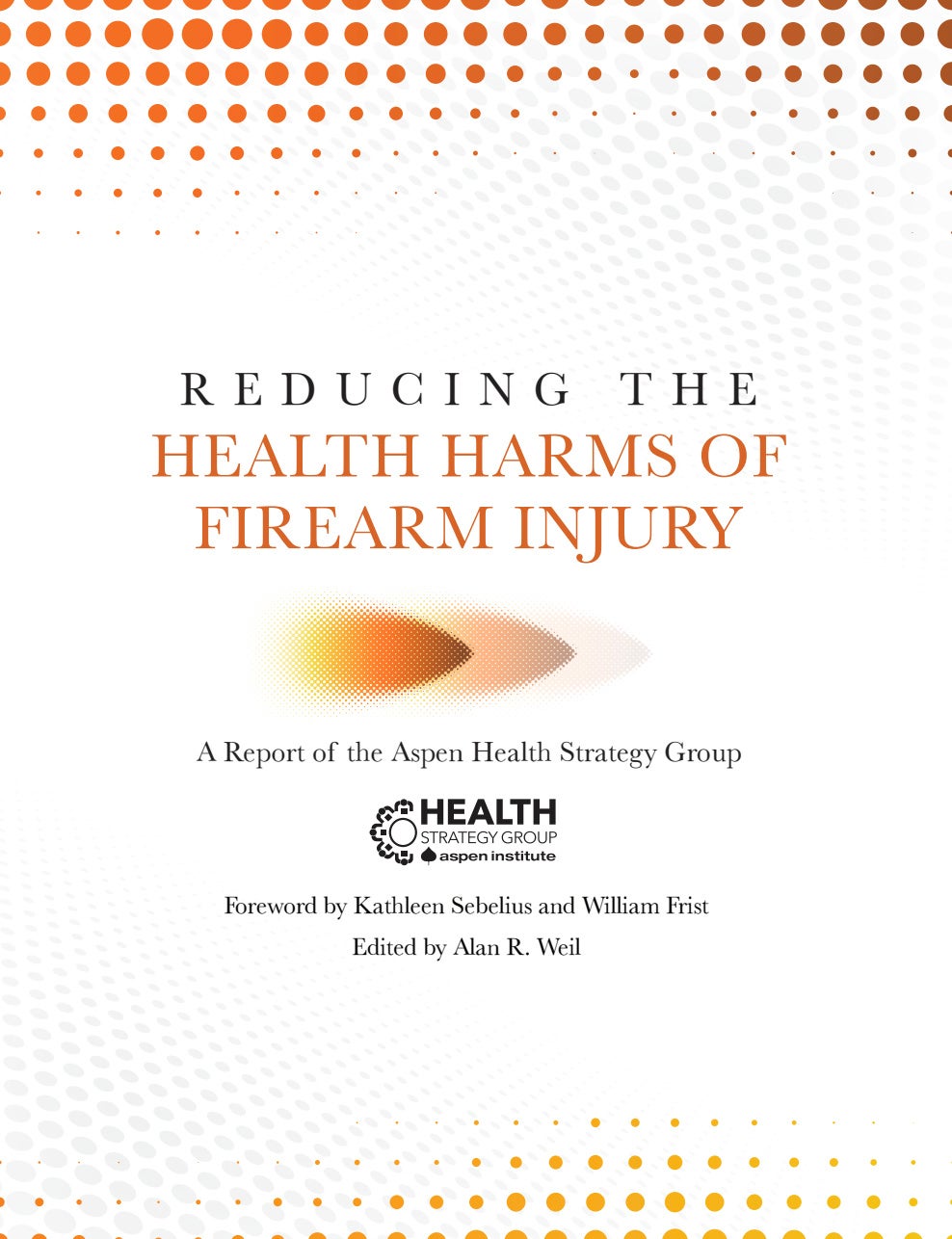This post, along with its counterpoint, was written by a member of the 2019 Aspen-Aetna Healthy Communities Fellowship, which works to amplify the voices of local leaders working to end inequities in access to health.
What I am about to state flies in the face of conventional wisdom about health care in America. But I am a health equity researcher, and I am here to tell you that even in some of the most vulnerable, socio-economically depressed communities in this country, there is health care available for those who need it, and it can be accessed without risk of deportation.
For the past two decades, I have worked for the largest health care provider in the Bronx, a community of 1.5 million people that contains the nation’s poorest urban congressional district. I specialize in health behavior change in communities, so I am often asked to present at education sessions on preventing conditions that ravage this region – diabetes, stroke, heart disease.
As a Black woman with roots in the American South and married into a Latino/Caribbean family, I have witnessed the impact of poor access to health care and lost too many people, including both of my parents, to chronic illnesses. So I take it as a personal responsibility to lead community conversations focused on healthcare access and disease prevention and management.
Because I grew up in this area, attendees at these community sessions soon figure out that I am not just some academic observer. I am deeply connected to the content.
But after every talk, I get the same question.
“My son, …daughter, …friend needs to see a doctor, but they are (1) uninsured, (2) undocumented, or (3) don’t qualify because they make too much for Medicaid and can’t afford Obamacare. What can I help them do?”
When I ask if they ever considered a Federally Qualified Health Center, they look at me like I’m speaking another language. And those who are savvier hear the word “Federal” and instantly counter with – “But what about the proposed Public Charge Rule changes, which, if implemented, changes the types of services someone can access and still be considered for citizenship?”
Here’s what each of those people needs to know. In October 2018, the Department of Homeland Security released a proposed rule change that says a person is not eligible to become an American citizen if they are likely to become a public charge – someone who is primarily dependent on the government for support. Accessing some public benefits, under the proposed Public Charge Rule, would then become a disqualifier for legal citizenship.
The concern among many undocumented people is that accepting any government-funded services would not only put their own citizenship application at risk, but also the members of their household and/or their sponsor. That fear has made many people choose not to access health services they are eligible for because they don’t want to lose their status or, even worse, be separated from their families and deported.
The adoption of the Social Security Act in 1968 is most commonly known for providing access to healthcare services for members of dependent American families and older adults. An often overlooked benefit of this legislation was the creation of Federally Qualified Health Centers (FQHC). FQHCs provide comprehensive, federally-supported health care services to all people, regardless of insurance status, immigration status, or income.
Access to a FQHC is one of the exceptions to the changes in the proposed 2018 Public Charge Rule.
As a society, we’ve come to believe that individuals who are undocumented and/or are unable to access insurance are a burden on the health care system because of cost. As such, we need to develop new models and new structures to change how people are using care to improve the quality and decrease the expense. Why? Because US health care expenditures in 2018 were 18.2 percent of the federal Gross Domestic Product. The largest portion of that expense is pharmaceutical costs, but there have been substantial increases in the rates of inpatient hospitalization and emergency room overuse as a result of vaccine preventable, acute, and chronic conditions nationwide.
We need to do a better job of communicating that there are other options to keep people healthy before they need an expensive emergency room. While much information has been provided on what the proposed Public Charge ruling takes away, there has been less attention paid to what services are protected, including access to critical health services through FQHCs.
The National Association of Community Health Centers has a multi-lingual accessible website that lists the location of every FQHC in the United States and its territories. These centers provide comprehensive services and can also connect the most vulnerable people with hospital and specialty care facilities.
We already have the means to provide health care access to everyone, regardless of status. We just need to make sure this information reaches the people who need it most.
Nicole Harris-Hollingsworth is an Assistant Vice President, Community & Population Health, Montefiore Health System and Assistant Professor, Epidemiology and Population Health, Albert Einstein College of Medicine, Bronx, NY. She is a 2019 Aspen-Aetna Healthy Communities Fellow.


